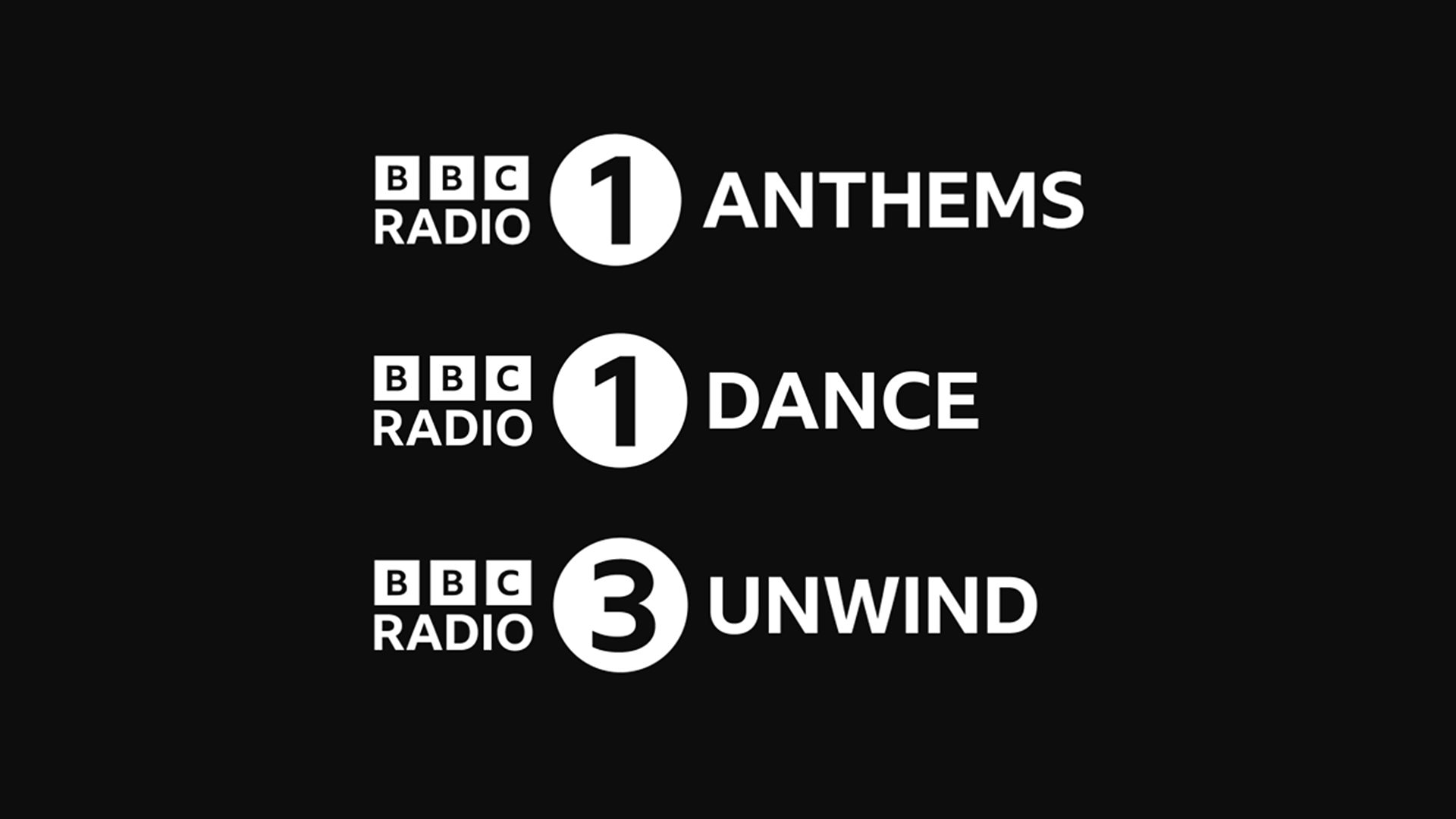Are You Ready for BBC's Exciting New Digital Music Radio Stations on DAB+?

Published: 2025-09-11 23:04:46 | Category: Uncategorized
The BBC has made a significant leap in its broadcasting landscape by introducing its first-ever DAB+ music stations, expanding its audio offerings to cater to a diverse audience. This move includes three new stations—Radio 1 Anthems, Radio 1 Dance, and Radio 3 Unwind—marking the first addition since 2002. These stations aim to provide various music genres and styles, enhancing the listening experience for both new and existing audiences.
Last updated: 26 October 2023 (BST)
Key Takeaways
- Launch of three new DAB+ music stations: Radio 1 Anthems, Radio 1 Dance, and Radio 3 Unwind.
- The stations aim to attract younger audiences (15-24 for Radio 1 and 35-54 for Radio 3).
- Focus on supporting British artists and diverse music genres.
- DAB+ radio now reaches 97% of the UK population.
- BBC Sounds continues to be a priority, with a record-breaking increase in plays.
The BBC's New DAB+ Music Stations
The BBC's new music stations represent a pivotal moment in its radio history, following a long gap since the launch of 6 Music and 1Xtra in 2002. The introduction of these stations is not merely a response to changing listener habits but a proactive step towards engaging with younger demographics and adapting to the digital audio landscape. The DAB+ format allows for higher sound quality and more channels, which can significantly enhance the listening experience.
Radio 1 Dance: A 24/7 Dance Music Experience
Radio 1 Dance offers a continuous stream of dance music, featuring some of the world's most renowned DJs. This station is tailored for audiences who crave the latest and greatest in electronic music, with a particular focus on genres such as house and drum and bass. The station launched on 15 September 2023, showcasing a mix of new music and classic sets, including exclusive performances and mixes from top DJs.
Radio 1 Anthems: The Best of the 00s to Now
Radio 1 Anthems brings listeners the quintessential hits from the 2000s and 2010s. This station is designed for fans of memorable songs that resonate with various life moments, from workout anthems to relaxing chill-out tracks. With its focus on nostalgia and contemporary hits, Radio 1 Anthems looks to engage a broad audience that spans generations.
Radio 3 Unwind: Calming Classical Music for Modern Listeners
In contrast to the energetic offerings of Radio 1, Radio 3 Unwind focuses on providing a soothing experience through classical music. This station aims to create an oasis of calm, featuring expert-led content that highlights the therapeutic benefits of classical music. Its programming is designed to appeal to a younger audience compared to traditional classical music stations, aiming to attract listeners aged 35 to 54.
Why These Stations Matter
The launch of these DAB+ stations highlights the BBC's commitment to diversifying its music portfolio and reaching audiences that have historically been underrepresented. By offering genre-specific content, the BBC can better cater to the evolving tastes of listeners. This initiative is crucial as music consumption habits shift towards streaming services, particularly among younger demographics.
A Commitment to British Talent
The BBC has emphasised its dedication to promoting British music and artists through these new stations. Radio 1 Dance, for example, features a significant proportion of tracks from UK artists, ensuring that home-grown talent receives the recognition it deserves. This strategy not only supports artists but also aligns with the BBC's mission to reflect the UK's cultural diversity.
Understanding Listener Habits
Listener habits have changed dramatically over the years, with a noticeable shift towards digital audio platforms. Recent statistics indicate that 75% of the UK population now listens to radio in a digital format. Among those under 35, streaming services dominate audio consumption, accounting for 49% of their listening time. Despite this, radio remains a vital source of music discovery, reaching approximately 13.6 million young people each week.
Future Trends in Radio Listening
The BBC's investment in DAB+ stations aligns with broader trends indicating that live radio listening will continue to evolve. With 97% of the UK population covered by DAB/DAB+ signals and the technology being standard in new vehicles, the infrastructure for digital radio is robust. The growth of BBC Sounds further demonstrates the corporation's adaptability and commitment to meeting the needs of contemporary audiences.
Conclusion
The introduction of DAB+ music stations by the BBC marks an exciting chapter for radio broadcasting in the UK. By embracing modern technology and focusing on diverse musical offerings, the BBC is positioning itself to better serve its audiences. As listening preferences continue to evolve, these stations will play a crucial role in shaping the future of radio in the UK. How do you think these new offerings will impact the way we consume music?
#BBCRadio #DABPlus #MusicStations
FAQs
What are the new DAB+ music stations from the BBC?
The BBC has launched three new DAB+ music stations: Radio 1 Anthems, Radio 1 Dance, and Radio 3 Unwind, which focus on different music genres and appeal to various age groups.
How are these stations different from existing BBC channels?
These stations are designed to cater to underrepresented audiences, with genre-specific content and a focus on contemporary music, unlike traditional BBC channels that offer broader programming.
Who is the target audience for these new stations?
Radio 1 Anthems and Radio 1 Dance primarily target younger listeners aged 15-24, while Radio 3 Unwind aims to attract an audience aged 35-54, particularly those interested in classical music.
Will these stations support British artists?
Yes, the new stations emphasise the promotion of British talent, with a significant portion of their playlists featuring home-grown artists and contemporary music.
How can I listen to the new DAB+ stations?
The new DAB+ stations can be accessed via DAB+ radio devices and are also available on BBC Sounds, ensuring a variety of listening options for audiences.



